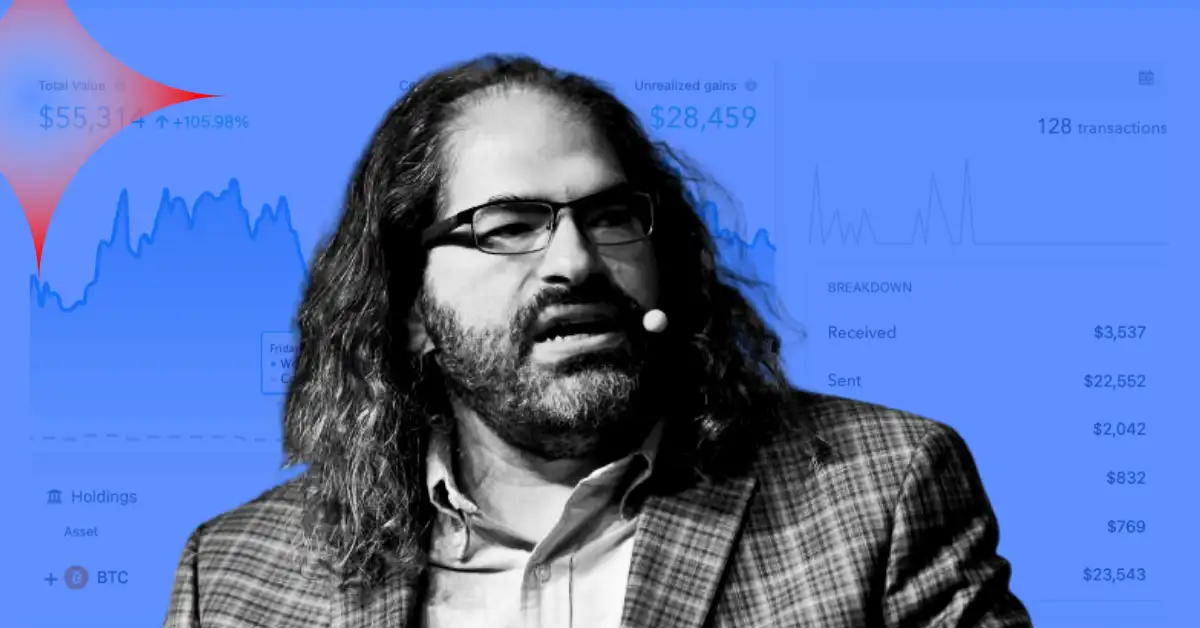
In a recent insightful discussion on X, Ripple’s Chief Technology Officer, David Schwartz, delved into the intricacies of staking within the cryptocurrency landscape. This conversation is particularly timely, as debates intensify over the tax implications of staking activities in the crypto world.
Staking Rewards and Interest Income
David Schwartz has drawn a clear distinction between the concepts of staking rewards and interest income. He emphasized that staking involves the creation of new value, whereas interest income is related to the transfer of existing value. In his own words, “Staking is the former. Interest income is the latter.” This distinction underscores the innovative nature of staking, where rewards are generated rather than transferred from one party to another. Unlike traditional financial income, which involves receiving existing assets, staking rewards are freshly minted, showcasing the unique dynamics of the crypto ecosystem.
How Is Crypto Staking Different From Dividends?
The comparison between crypto staking and stock dividends often arises, prompting clarifications on their fundamental differences. An X user recently posed this question, and Schwartz offered a compelling explanation. He noted that dividends are earnings created by a company and distributed to shareholders, whereas crypto staking is a process through which participants themselves generate new assets. “You get dividends from stocks; someone else created/earned them and transferred them to you. With crypto staking, you create the property you receive,” Schwartz articulated. This highlights the conceptual divergence between the two financial mechanisms.
IRS Says Crypto Staking Is Taxable
The discourse around crypto staking gains further relevance with the recent stance taken by the Internal Revenue Service (IRS). As reported by Bloomberg, the IRS has declared that crypto staking activities are subject to taxation, with tax obligations arising at the point when staking rewards are received. This ruling is pivotal, as it addresses the ongoing debate regarding the tax status of staking rewards, aligning them with taxable income similar to other forms of earnings.
This decision emerges amid legal battles, such as the lawsuit filed by a Tennessee couple involved in staking on the Tezos network. They contested the government’s tax classification of staking activities, arguing for a clearer understanding of how the IRS perceives such activities. According to the IRS guidelines published in 2023, block rewards generated through staking or mining are considered taxable income at the time of their creation, with liabilities determined by their market value.
Understanding Crypto Staking Mechanisms
Crypto staking represents a remarkable opportunity for token holders to engage in a proof-of-stake (PoS) system by locking their tokens within a staking contract. This participation allows them to act as validators within the network, earning rewards typically in the form of additional cryptocurrency. Staking has emerged as an attractive option for generating passive income, enabling users to grow their assets without the need to sell them. This mechanism not only supports network security but also fosters a community of stakeholders actively contributing to the blockchain’s growth and sustainability.
In closing, as the debates around crypto staking and taxation continue to evolve, understanding the nuances of these processes becomes crucial for participants and regulators alike. The insights provided by thought leaders like David Schwartz offer valuable clarity on the nature of staking and its implications in the broader financial landscape.






